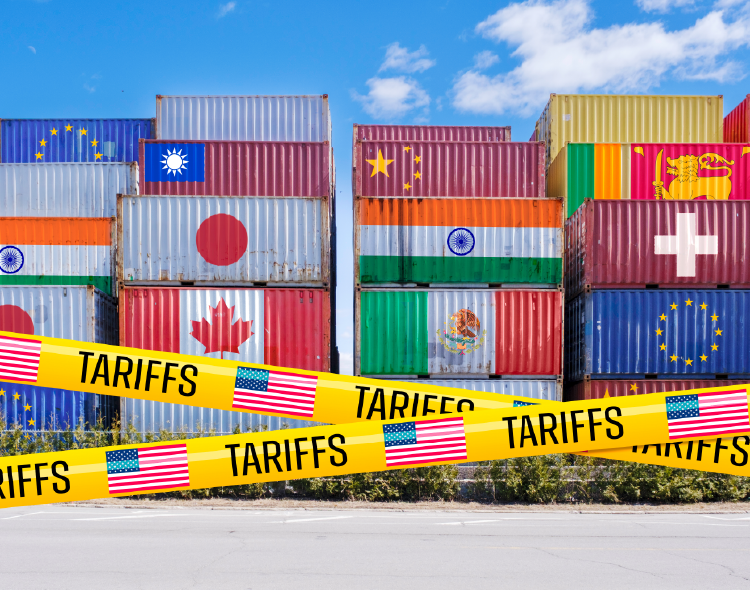

On June 20, 2025, the U.S. Supreme Court declined to expedite its consideration of an appeal from the D.C. District Court as requested by the plaintiffs (two small businesses, makers of educational toys) in their case against the Trump administration’s imposition of tariffs based on the International Emergency Economic Powers Act (IEEPA) — the so-called “reciprocal” and fentanyl tariffs. The District Court had ruled in favor of the plaintiffs’ position but stayed its injunction pending the government’s appeal to the U.S. Court of Appeals for the District of Columbia Circuit (D.C. Circuit) — thus, in the interim, leaving the tariffs in effect. As noted in our latest alert (https://phillipslytle.com/reciprocal-tariffs-extended-pending-appeals/), the plaintiffs, pleading ongoing irreparable economic harm, moved to potentially bypass the D.C. Circuit, seeking an expedited grant of certiorari and early hearing before the Supreme Court. The case now appears on track to be considered on schedule by the D.C. Circuit.
In a parallel case of larger scope (rulings in the D.C. Circuit case are applicable only to the two specific plaintiffs), a coalition of states and private plaintiffs are contesting the government’s appeal (as well as a similar stay) from a U.S. Court of International Trade decision in their favor, here on appeal to the U.S. Court of Appeals for the Federal Circuit (Federal Circuit). The Federal Circuit has set oral argument on that appeal for July 31, 2025, indicating that a decision is likely by early August 2025 at the soonest.
The Supreme Court’s denial of the petition does not mean that it may not grant certiorari at some later date; most observers assume that, in fact, the two cases likely will be consolidated by the Court for consideration of the common Constitutional and statutory issues. What it does mean is that, pending the appeals and absent further extension by the administration (always a possibility), the tariffs — due to snap back into effect as of July 9, 2025 — are in effect and must be paid by importers.
Two points to keep in mind:
The Phillips Lytle International Business Team will carefully monitor the ongoing developments and court cases that affect the administration’s tariff policy and import regulations.
Additional Assistance
For more information, please contact James Kevin Wholey at (202) 617-2714 or jwholey@phillipslytle.com; any member of the Phillips Lytle International Business Law Team; or the Phillips Lytle attorney with whom you have a relationship.
Receive firm communications, legal news and industry alerts delivered to your inbox.
Subscribe Now